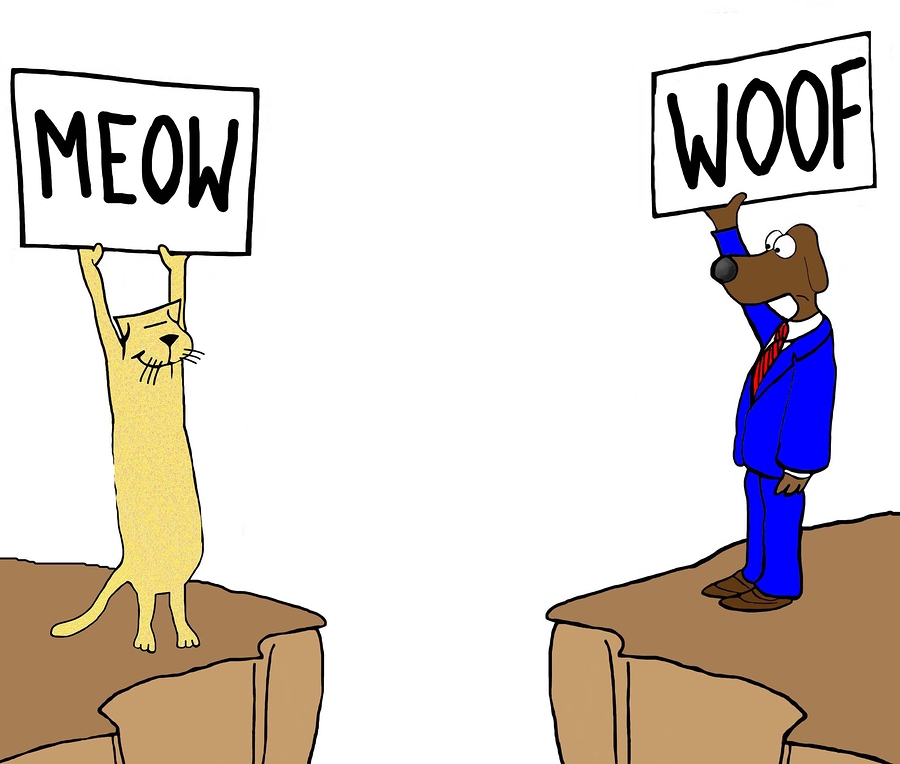Last week we dealt with five questions a nonfiction proposal must answer. As promised, we now turn to those who are putting together a novel proposal.
If you compare these two posts, you’ll see why a one-size-fits-all proposal template isn’t always helpful. There are differences between the two types of proposals. Please try not to shoehorn a novel proposal into a nonfiction presentation.
What Is Your Word Count?
Think carefully before you put a number in your proposal. I don’t know how often I’ve seen someone propose a 270,000-word manuscript or, on the other end, a 27,000 word-manuscript. (One zero can make a big difference!)
Your novel may be complete and you are just telling the agent or editor its length. But your word count might be a reason it is being rejected.
Here is a simple rule of thumb: Take your word count and divide it by 300. The answer will be the approximate page count of a printed book. Therefore, a 280,000-word manuscript becomes a 900-page doorstop. And a 28,000-word manuscript is more like a booklet or short story of 90 pages.
You might say, “But in ebooks the page count doesn’t matter!” True. But ebooks are one format–and not the only one. Major publishers still sell more than 50% of their fiction in printed form.
What is the ideal length? It depends.
I can hear the cry, “Steve! That is a singularly unhelpful answer!”
But it does depend on your genre and whether you are targeting a particular publisher. If you want to write for the Harlequin Love Inspired romance line or suspense line, your manuscript should be around 55,000-60,000 words.
If you are targeting the longer-form novel, your story should be between 80,000 and 100,000 words. There is often room for more than 100,000 words, but don’t go overboard.
But if you are writing epic fantasy and want Enclave Publishing to grab it, the length can go higher because that genre lends itself to longer stories (hence the word “epic”). For example, the fantasy novel Embers (Book one of the Abiassa’s Fire series) by Ronie Kendig came in at around 132,000 words. In printed form, it is 448 pages long (in a 6×9 trim size).
If you are writing a novella, then, of course, the short length is appropriate.
That is why I must answer, “It depends.”
When Will Your Manuscript Be Complete?
If you are a first-time novelist, never before published, your answer should be, “The manuscript is complete and available upon request.” Agents and publishers rarely will take a book from a debut author unless it is already complete.
Why? Because you might have spent 15 years perfecting your opening chapters, but the story falls apart on page 200. We have to have confidence in the whole story before we represent it or before a publisher will contract it.
If you are an established author with a track record with major publishers, you know to pick a reasonable completion date that you are confident in achieving. A publisher will look at your delivery date and begin planning which season your book will release to the market (usually 12-15 months from that delivery date).
What Is Your Unique Story Hook?
What about your story makes a reader salivate in anticipation of reading? Some call this “high concept,” but not all novels are “high concept.” (Read Randy Ingermanson’s excellent article linked here, “What is High Concept?” for a full explanation.)
Unfortunately, it is hard to come up with a story pitch that doesn’t sound like all the others. Darcy Patterson wrote an article identifying the 29 Basic Plot Templates. This is why novels can tend to sound the same if you are not careful.
A few years ago, I was at a writers conference taking 15-minute appointments all afternoon. At one point the room emptied and only I and one other editor remained. We stretched and yawned at the same time and began to laugh at that. Then the editor showed me a small card where this editor had made quick notes all afternoon about their appointments and the pitches presented throughout the conference. It had a list that looked a bit like this with tally marks (This is not the actual list, but a representation of it.):
Prairie romance III
Single girl looks for love I
Tornado IIII
Kidnap II
Drowning I
Losing ranch I
Angels vs. Demons I
Cancer IIII
Death in Family II
Big City setting I
Small Town setting IIII
The editor then said, “Where is the originality? They all start sounding the same.”
See the problem? Of course, you might argue that this is a problem with the novels already being published. To a point that is true. But if you go into the general market and look at the breakout novels of recent years, you’ll often find a common thread of a unique story or setting. Consider some of the following: Gone Girl, The Help, All the Light We Cannot See, The Fault in Our Stars, Goldfinch, and The Book Thief.
Below is the hook we used with Ginny Yttrup’s novel Words at the top of her book proposal.
Sticks and stones can break my bones,
but Words? They can always heal me.
A child whose silence holds the truth captive…
An artist whose work speaks the agony of her past…
Will they let the truth set them free?
Following are the first lines from the novel:
“I collect words. I keep them in a box in my mind. I’d like to keep them in a real box, something pretty, maybe a shoe box covered with flowered wrapping paper. Whenever I wanted, I’d open the box and pick up the papers, reading and feeling the words all at once. Then I could hide the box. But the words are safer in my mind. There, he can’t take them.”
That proposal sold quickly, and the book later won a Christy Award for “Best First Novel” because the writing is amazing. This leads me to the last question.
Is Your Writing Amazing?
I do not expect you to actually answer that question in your proposal, but the execution of your idea has to be truly incredible. The bar of success is set very high, and it isn’t something that can be dashed off in a few hours and tossed into the marketplace. It can take years to learn how to write well.
I’ve said it before: Some are born with the gift of writing, and with a nudge here and there they can create something wonderful. For the rest of us, it is something that must be learned. Learned through failures, missteps, false starts, and manuscripts that should be buried in the compost pile in the backyard.
I know many writers, and am privileged to represent a number of them, who have toiled for years to get to the point where their ideas and their writing skills combine to produce the novels the marketplace wants to read. It can be an arduous journey. I hope you are willing to take it!











